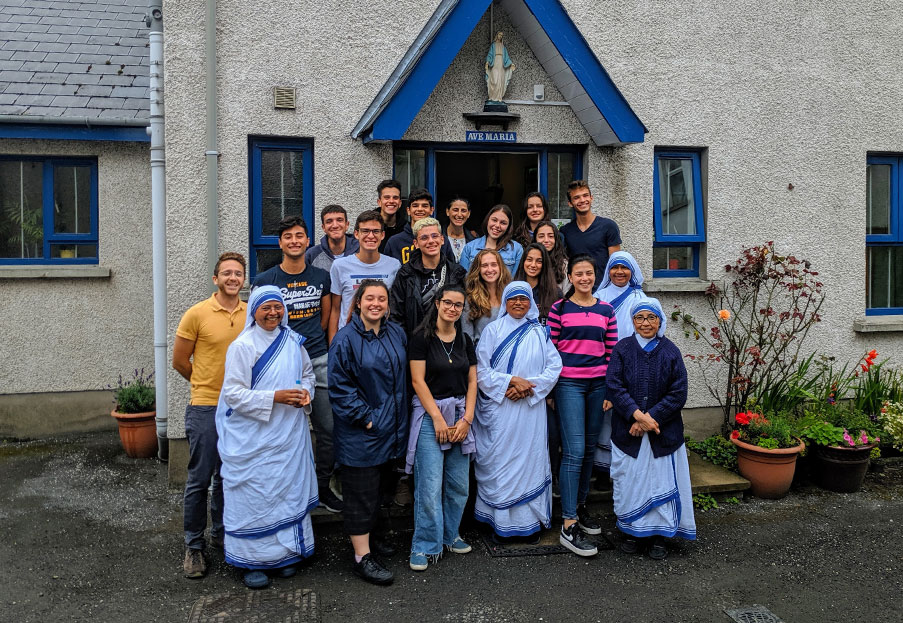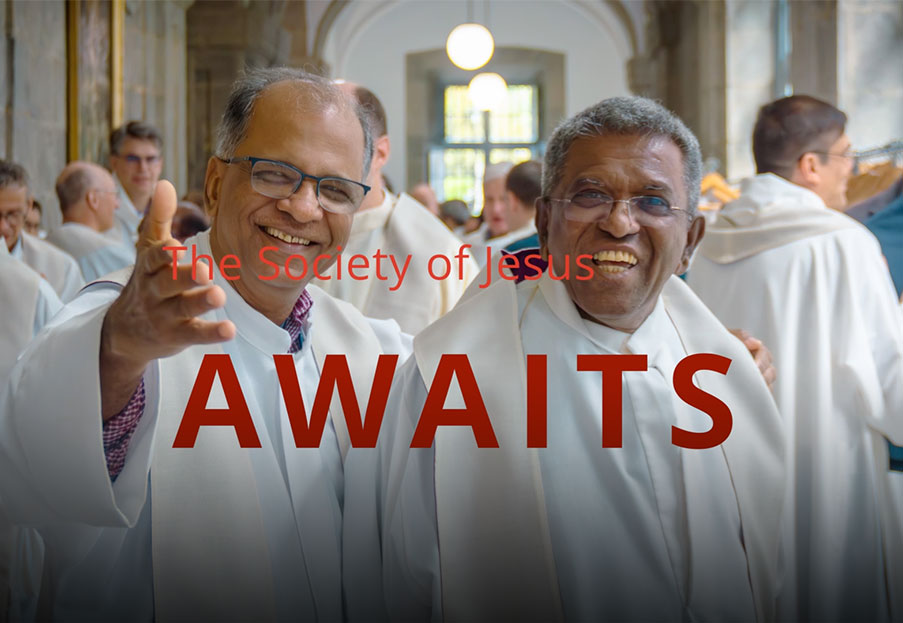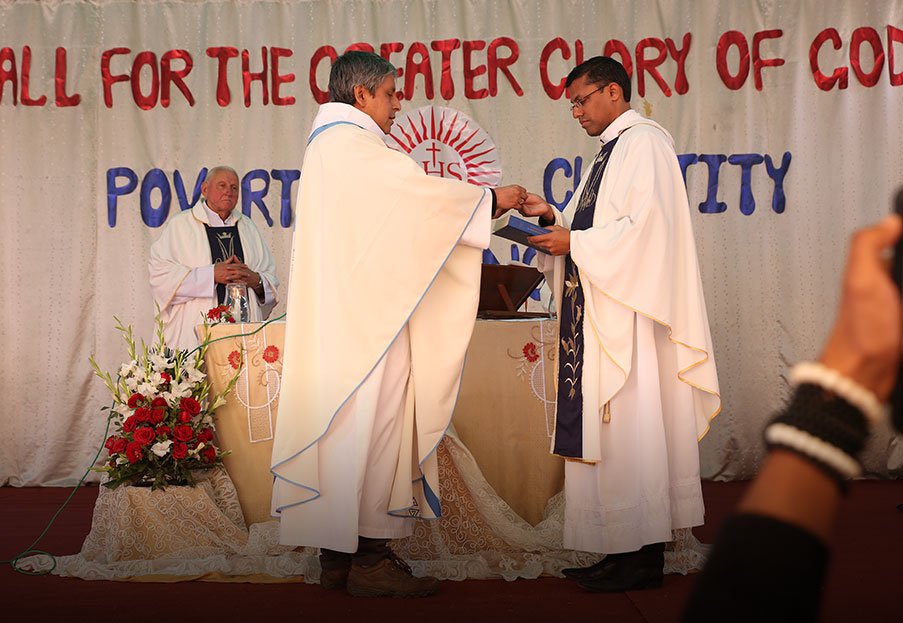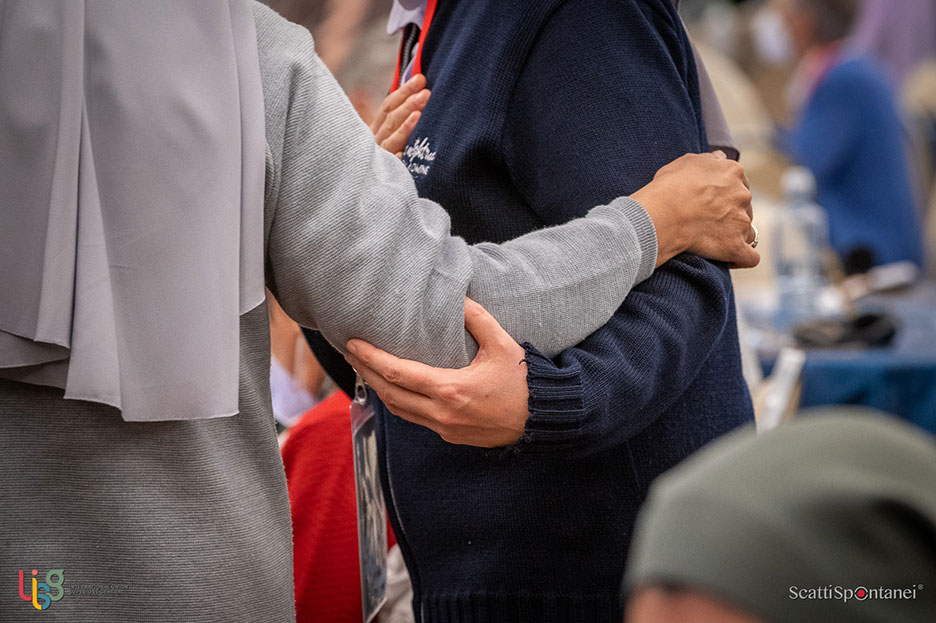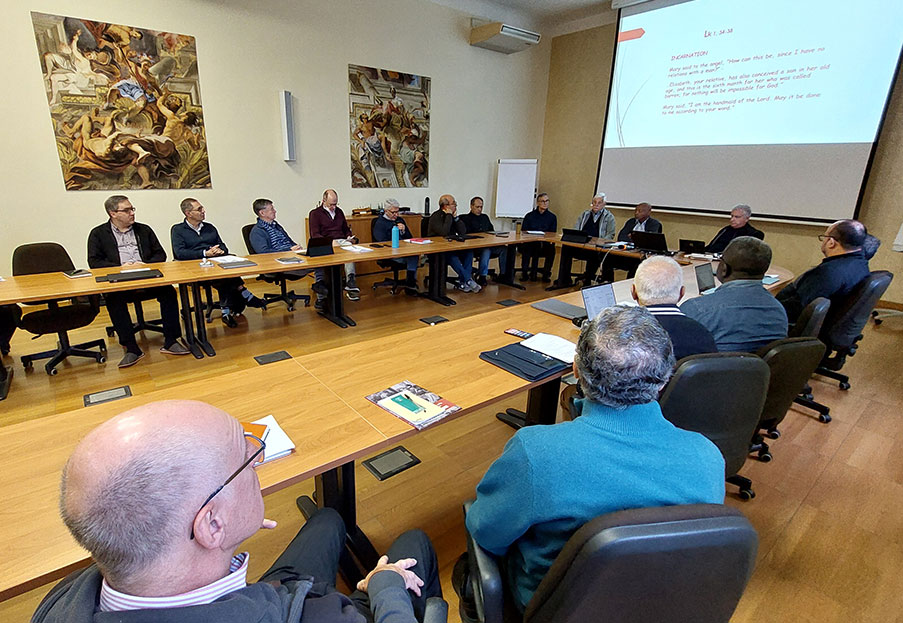Jesuit scholastics in Rome and COVID
Colleges and universities around the world are trying their best to offer their students the courses they have enrolled in. This is the case of the Roman universities of the Society of Jesus, of course, with a combination of distance learning courses and in-class sessions in small groups.
But for the students of the Society of Jesus, especially the scholastics of the two large communities of the “Gesù” and the “Bellarmino,” life in Rome is not only academic. It involves community life, a pastoral dimension and an experience of the universality of the Society.
We wanted to know to what extent the current
situation of the pandemic has had an influence on the dynamics of the life of
young Jesuits in these two communities. We asked the two rectors to tell us
about it. Here are the comments of Fr. Mario López Barrio, from the Collegio San Roberto Bellarmino, and of
Fr. Luis Orlando Torres, from the Collegio
Internazionale del Gesù.
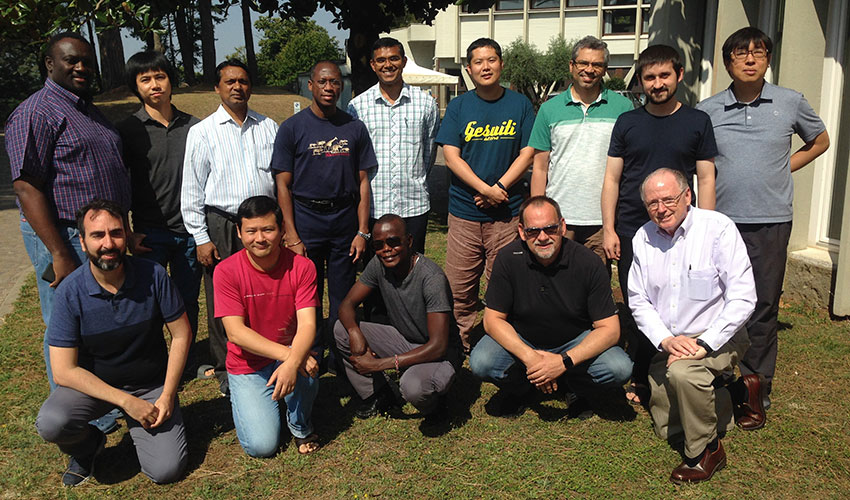
Travel restrictions and their effects
The two rectors point out how travel restrictions have affected the activities normally planned during summer: pastoral activities, but also experiences of formation such as the “Arrupe month” for preparation for the priesthood, or the pilgrimage to the Holy Land, which offers a new way of reading and appreciating the Holy Scriptures.
Directly related to COVID, Father Mario points out that while some of them have been able to travel, in Europe only, “there have been the consequences of travelling, both in and out of Italy. One of our students caught the virus, and had to undergo the corresponding confinement. In addition, several of us also experienced several days of quarantine after returning home. This obviously affected the life of the community.”
At the Gesù
community, the majority of the new scholastics, 18 out of 20, were finally able
to reach Rome, but for the most part without having been able to do their
Italian course in Italy. The online courses obviously do not have the same
effectiveness, but the young Jesuits were able to face the challenge posed by
the language upon their arrival.
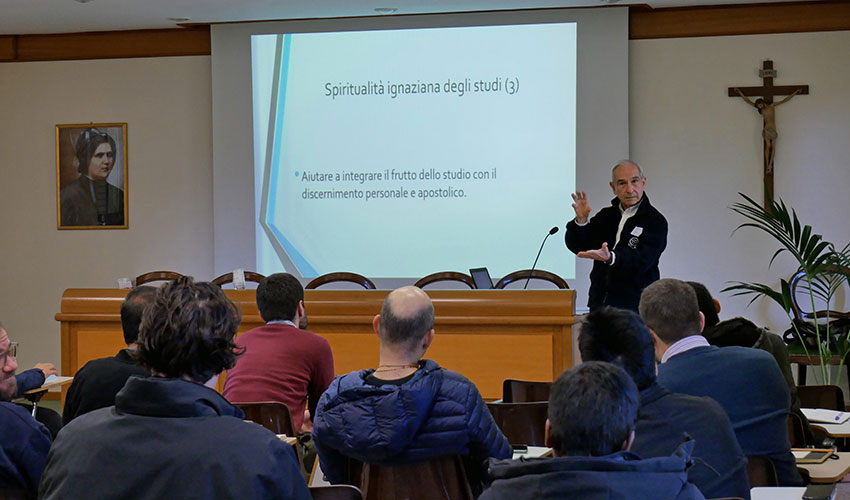
Can students follow their university courses?
The rector of the Bellarmino answers: “As early as last year we encountered the obstacle of this type of programme (partly online, partly in class,) which makes it difficult to delve deeper into the various subjects. Nevertheless, we are looking for the best way to study and progress. Teachers have to work harder in the dual task of preparing both online and face-to-face courses.”
Fr. Orlando Torres explains: “At present,
students take turns attending classes at the university: one week, half of them
go on site and the other half follow the online courses. For seminars or
language study, students are present in class. Some of our first year students
have asked to follow the online courses in groups, so that those who have more
difficulty understanding Italian can immediately request the help of a
companion. We have installed a television screen in a large room for those who
wish to do so.”
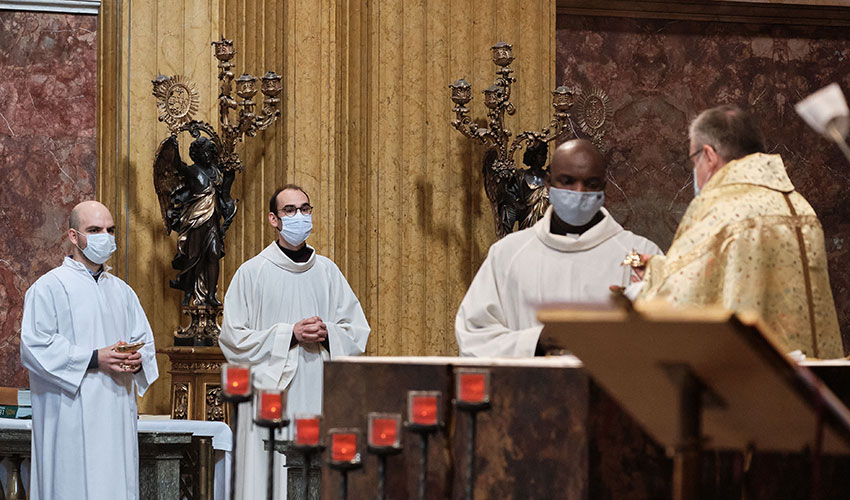
Creativity and adaptation in communities of formation in Rome
Mario López: “In an attempt to make this time of confinement less heavy, we have promoted moments of relaxation at home (cinema, gatherings and social celebrations). We have also organised liturgies at home, which are usually held in various places, within the framework of pastoral service.”
Luis Orlando Torres: “In mid-October, we spent a
weekend of integration in a retreat house not far from Rome, with recreational
activities, sharing, prayer time and even a talent show. I also presented the
basics of formation at the Collegio del
Gesù. We are fortunate to have an inner courtyard for outdoor activities.
And we resumed our Friday community evenings with Eucharist, pizza, group
meetings and sometimes a guest who talks about elements of Jesuit formation.”

